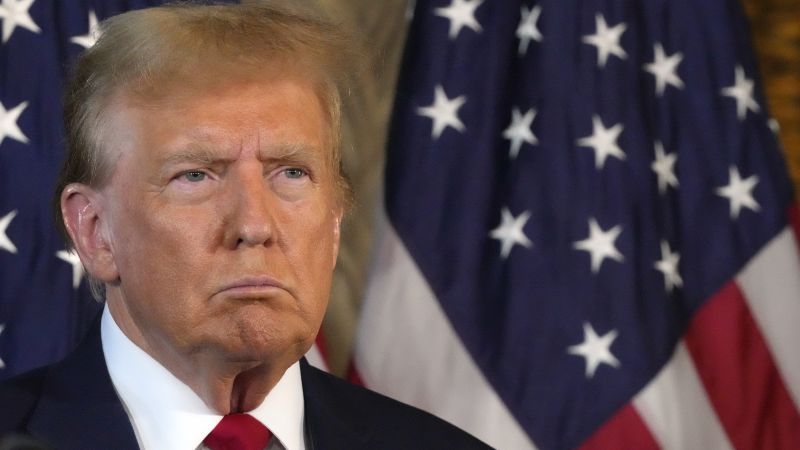Former President Donald Trump is facing a criminal trial in New York for hush money payments made before the 2016 election to adult film star Stormy Daniels. Manhattan District Attorney Alvin Bragg has framed the case as election interference, accusing Trump and his allies of a scheme to suppress damaging information from voters. The prosecution will need to prove that Trump falsified business records to conceal the $130,000 payment.
The charges against Trump stem from reimbursements made to his former lawyer, Michael Cohen, who paid Daniels on Trump’s behalf. Cohen implicated Trump directly in the scheme, leading to charges of falsifying business records in the first degree. Each count represents a separate instance of the alleged misconduct, with a maximum penalty of four years in state prison per count. Trump’s attorneys have sought to delay the trial through appeals, but have been unsuccessful so far.
The trial is expected to last six to eight weeks, with jury selection being a key part of the process. Prospective jurors will be vetted for any potential biases or affiliations that could impact their ability to serve impartially. Merchan has expanded the gag order to prevent Trump from attacking witnesses and jurors, citing concerns about potential intimidation. Witnesses in the trial are expected to include bankers, Trump Organization officials, lawyers involved in the transaction, and individuals who worked on Trump’s campaign.
Manhattan prosecutors leading the case include Alvin Bragg, Matthew Colangelo, Christopher Conroy, Joshua Steinglass, Susan Hoffinger, and Becky Mangold. Trump’s criminal defense team is composed of Todd Blanche, Emil Bove, and Susan Necheles. The trial marks a significant legal challenge for Trump, who has consistently denied any wrongdoing in relation to the hush money payments. The outcome of the trial could have far-reaching implications for his future legal troubles and political aspirations.
The trial represents a culmination of years of investigation by the Manhattan District Attorney’s Office and a continued effort by Bragg to hold Trump accountable for his actions. Witnesses like Cohen, Daniels, David Pecker, and Hope Hicks are expected to provide crucial testimony that could impact the outcome of the case. The focus on falsified business records and the intent to hide payments to Daniels is central to the prosecution’s case against Trump, who faces significant potential penalties if found guilty.
Overall, the trial of Donald Trump in New York represents a high-stakes legal battle with implications for both the former president and the broader political landscape. The allegations of election interference and cover-ups have raised questions about the integrity of the 2016 election and Trump’s conduct while in office. With jury selection underway and key witnesses set to testify, the trial is poised to be a major moment in Trump’s post-presidential legal challenges and may have lasting effects on his legacy.













